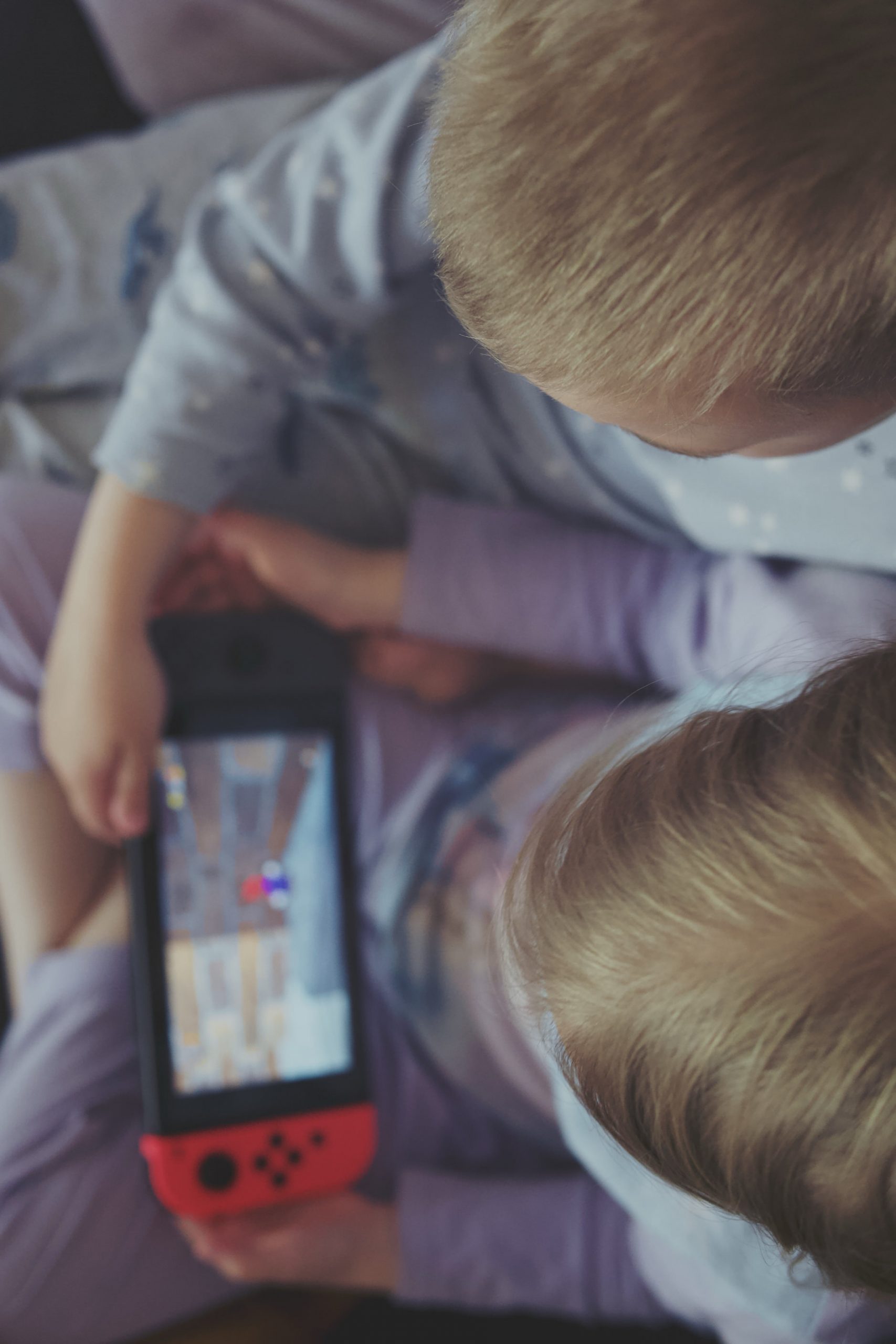„Why today feels like a quiet turning point for video games”

Microsoft’s and Apple’s bets on downloadable subscription services would seemingly place them behind their streaming counterparts in the long run, but that’s not quite the case. Their success shows that they’re neither ahead of the curve nor behind it; they’re simply meeting the expectations of their players. Apple debuted 30 games on Friday on a service that costs $4.99 a month and is often included in larger Apple product purchases for free. Microsoft’s Xbox Game Pass Ultimate tier costs $14.99 a month and includes games on Xbox console, Windows PC, and Android devices — and will now regularly feature launch-day releases from Xbox Game Studios, Bethesda Softworks, and even Sony, along with a rotating collection of more than 100 catalog titles. They’re providing the best deals in gaming at this moment.
Ob ihr Videospiele streamt oder herunterladet, ist völlig egal. Zuallererst müssen die Spiele stimmen.
Nintendo hat das schon immer verstanden. Apple konkurriert aber nicht mit den (teuren) First-Party-Titeln, sondern den (günstigeren) eShop-Spielen. Der App Store kämpft um Indie-Studios, die ihre Projekte auf der Switch beginnen – und einige Jahre später vielleicht den App-Store-Port nachschieben.
Keine Frage: Es gibt Überschneidungen; es gibt Spiele, die hier wie dort existieren. Und trotzdem sind die Unterschiede sehr deutlich. Erst wenn (Indie‑)Entwickler:innen zuerst Apples Plattformen anvisieren, hat man tatsächlich den Fuß in der Tür.
Und ob man dann streamt oder weiterhin zum Download bittet, kann man zu gegebener Zeit immer noch entscheiden.